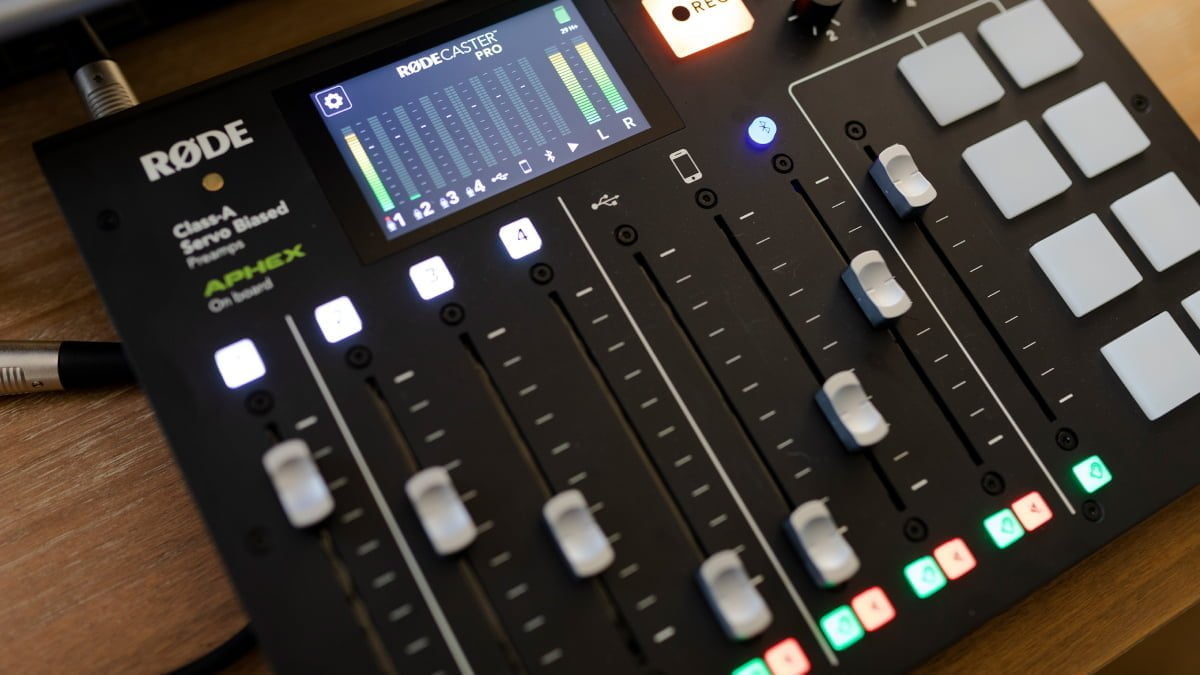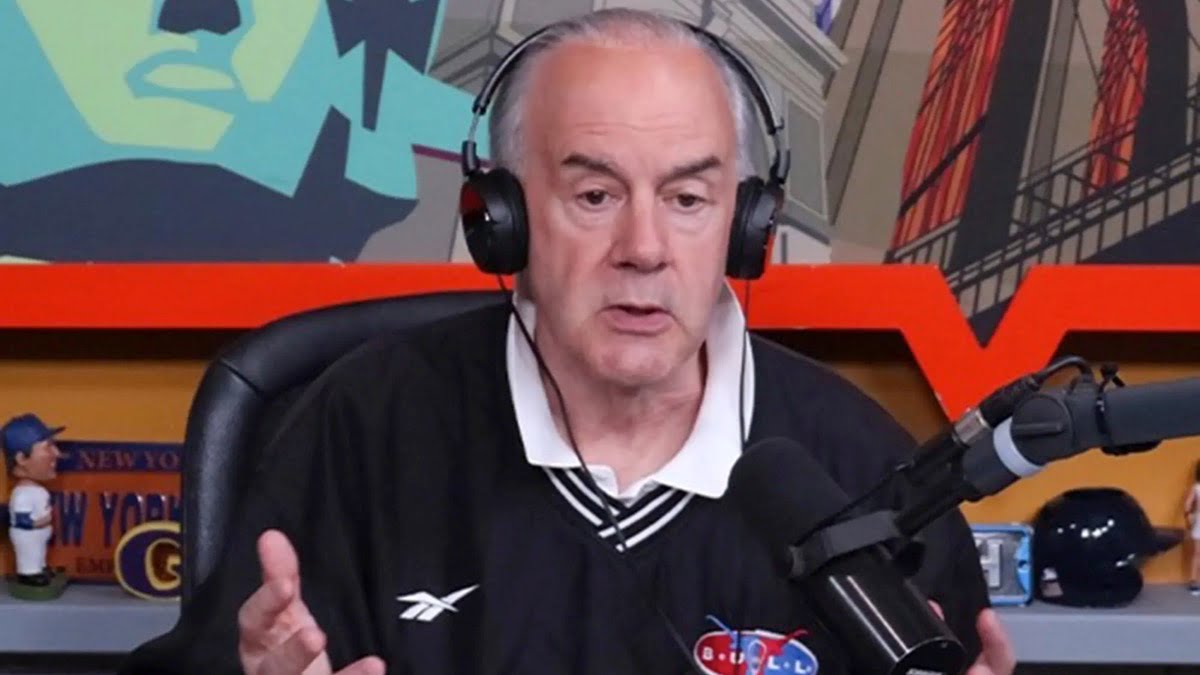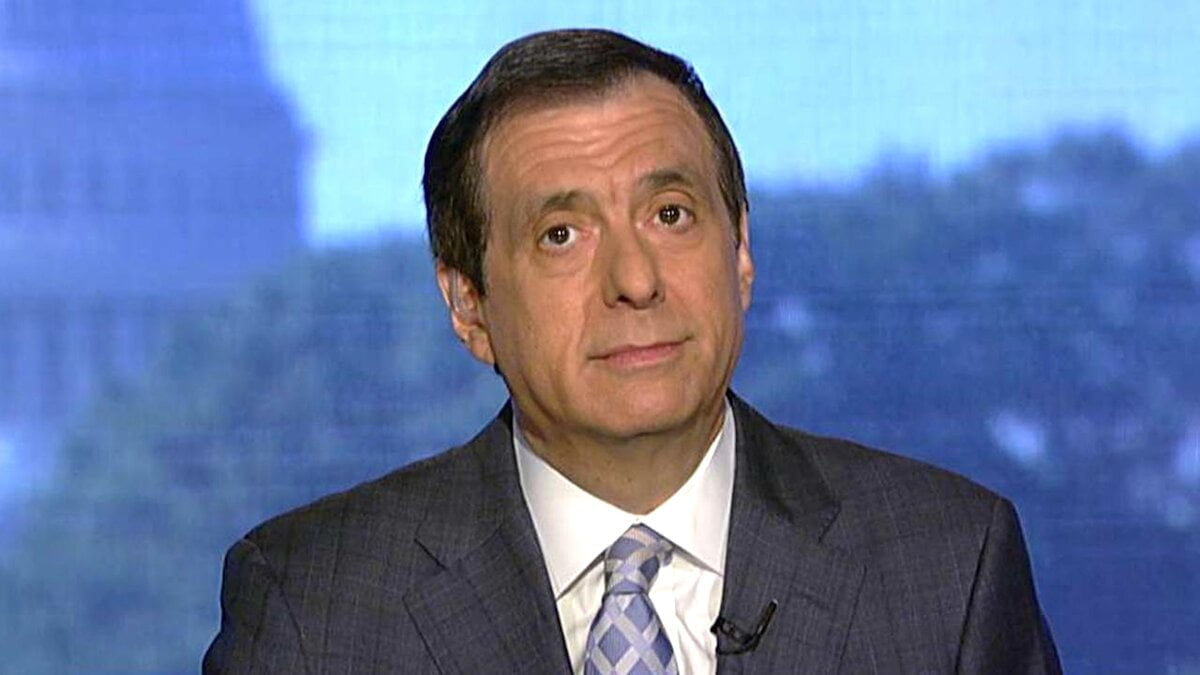As the XFL and USFL overlapped the weekend, I spent time questioning how sports radio develops talent in 2023. Truthfully, I didn’t like the answer.
Outside of some major market stations, many sports radio brands simply turn on the national satellite after 6:00 or 7:00 PM, and some stations leave it on all weekend. That fact isn’t a problem solely seen in sports radio, though. Many formats operate under the same guise but are able to simply play more music rather than develop talent. But that isn’t the case in sports radio.
Outside of live game broadcasts, you’ve gotta have somebody talking about sports on your station. And the former proving grounds of nights and weekends don’t seem like it really exists anymore.
I understand the thought process, especially from a budget standpoint. Why spend money for a weekday show from 6:00-10:00 PM or a Saturday show from 10:00 AM-2:00 PM when you can turn on either ESPN Radio, FOX Sports Radio, or CBS Sports Radio?
Well, if you look around at some of the largest and best sports radio stations in America, there are several hosts who got their start either hosting the night or weekend shift, and parlayed that growth and success to more important dayparts.
It appears to me as if there are really only two avenues to success if someone wanted to dream of sports radio stardom in 2023: start as a producer and work your way up, or start podcasting about the teams that play in the city you want to work.
That’s really it. For the most part, there’s not a whole lot of ladder-climbing anymore. Sports radio doesn’t appear to be like sports television. Many in sports radio work at a station near their hometowns, and they talk with the utmost passion about the local teams, just like a fan would. The “I got my first job out of college in Billings, Montana before working in St. Cloud, Wichita, and Fresno until I got into my top 50 market job” story isn’t nearly as prevalent in sports radio as it is in sports television.
But with local opportunities becoming increasingly rare, the barrier to entry in the audio space is lower than its ever been. Anyone with a microphone and a computer can pump out decent-sounding audio, and many have taken the opportunity.
However, there’s something about live, local sports radio that can’t and won’t ever be able to be replicated with a podcast. Finding out who you are on the air, what your style is, and how to interact with callers/listeners in the moment is much more difficult when you’re not operating with a safety net.
It seems as if local sports radio stations have taken the NFL approach to developing talent. MLB, the NHL, and NBA all have minor league systems where they can park prospective players, let them develop, and figure out what their future might look like in the big time.
But the NFL outsources its development to college football. While the MLB, NHL, and NBA see expenses in their minor league teams, development costs the NFL nothing. They only identify their top talent after they’ve shown mastery of the proving ground below the top step of the ladder.
And I think that’s the view sports radio has taken. Why spend valuable resources investing in a local host in a nighttime or weekend slot, when I can simply turn on the satellite, or let someone develop themselves as a podcast host before I consider them as a potential hire down the line?
I’m not saying it’s the right way or the wrong way to do it, but it does beg the question of what incentive it gives to prospective sports radio hosts?
If your options are:
A) Start at a sports station as a producer (probably making minimum wage, or slightly more, if you’re lucky) hope you impress someone and get the opportunity to one day host in a fill-in/vacation/holiday capacity, and pray that opens a path to a bigger role
B) Work a full-time job in another industry and start your own YouTube show/podcast, develop yourself and your audience, and hope that leads to bigger or better opportunities
Which one would you be more like to choose?
I know which one it would be for me. And plenty of content creators are choosing the path that leads them away from sports radio.
The proving ground doesn’t really exist. And maybe the sports radio format is better for it. Because there isn’t much opportunity for on-the-job training. The pressure to come into a situation and immediately perform is felt by everyone launching a new show or brand. And yet, the opportunities to learn, train, and hone the craft are shrinking.
It’s a lot to ask struggling corporations to invest in the “farm team” of a sports radio station. But in my eyes, it’s a worthwhile investment.
I believe in sports radio. I believe in sports radio’s future. And I think for sports radio to continue to succeed, an investment needs to be made in building the next generation of the format’s stars. I don’t see that happening, and if it doesn’t soon, the best talent is going to find other outlets and avenues to draw audiences away from the medium we’ve grown to love.

Garrett Searight is Barrett Media’s News Editor, which includes writing bi-weekly industry features and a weekly column. He has previously served as Program Director and Afternoon Co-Host on 93.1 The Fan in Lima, OH, and is the radio play-by-play voice of Northern Michigan University hockey. Reach out to him at Garrett@BarrettMedia.com.









